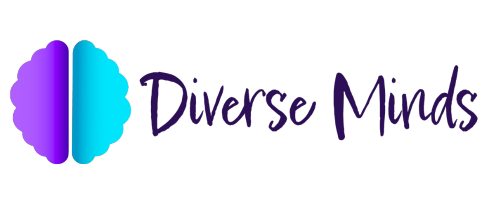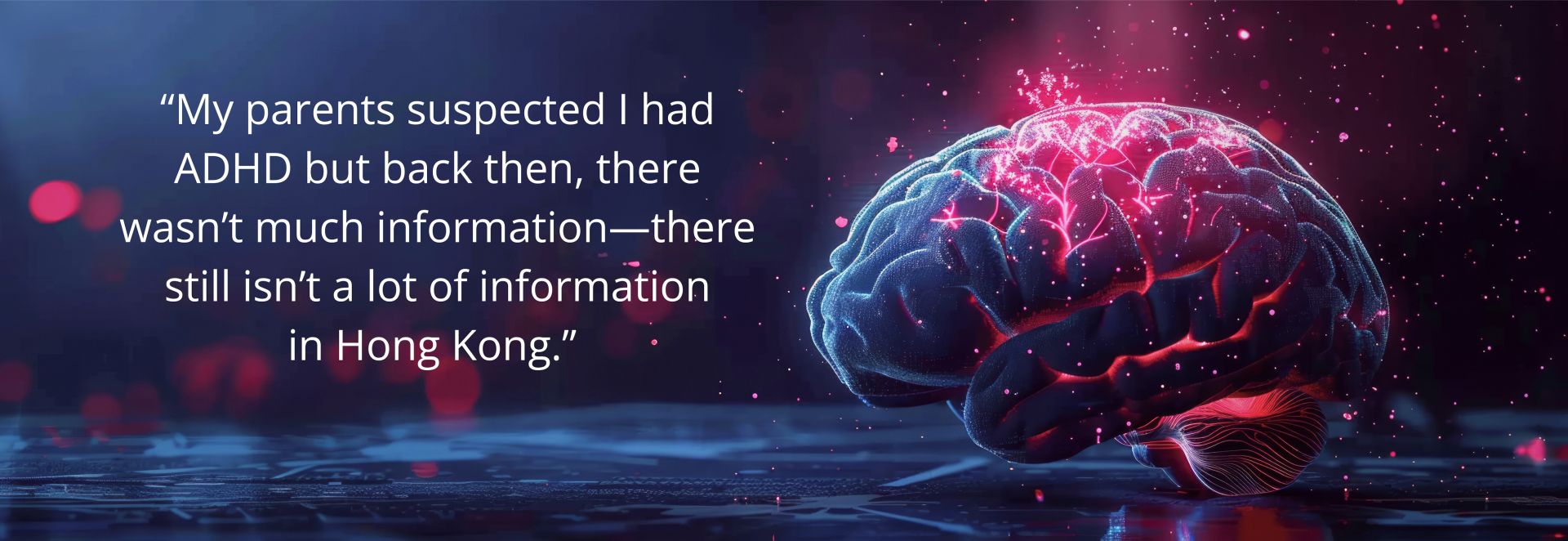Write your awesome label here.
Founder, awkward conversations
Emery Fung
Diverse Mind's Subject Matter Expert for Intersectionality!
Workplace inclusion is more than just a buzzword. When you dig into it as deeply as Emery Fung has, inclusion is a broad principle stretching across different areas. As a transgender man and a neurodivergent individual, Fung sees and understands these overlaps which he refers to as “intersectional inclusion”.
“I never really saw inclusion as siloed groups, it’s always been quite blended in terms of the challenges and the barriers I’ve had,” he says. A leading voice in Hong Kong’s corporate Diversity, Equity and Inclusion (DE&I) discourse, Fung now dedicates himself full-time to his consultancy Awkward Conversations, guiding local businesses towards more inclusive workspaces.
Telling his story
Inclusion needs to be intersectional

Of course, Fung’s story is much more than being a trans man: “I’m part of the LGBT community but I also have Attention Deficit Hyperactivity Disorder (ADHD) and dyslexia. I’m from Hong Kong but I spent a long time in the UK, from boarding school [at nine] all the way up to university,” he explains. “So from my experiences, it’s always been quite blended in terms of the challenges and barriers I had. Was it purely because I am trans? Was it because of ADHD, dyslexia or being a minority abroad? For me, a lot of these things blend as one.” Inclusion has to be intersectional.
Gradually, Fung set up a side consultancy—which grew to become Awkward Conversations—to reflect his view that inclusion encompasses many interlinked aspects. “I’m always trying to speak about how ‘DE&I’ inclusion as a whole is inclusion at first.” In addition to speaking commitments, Fung also connected with mental health experts and discussed topics on inclusion which he recorded as podcast episodes.
Where east meets west

One important focus of Fung’s within intersectionality is to bridge the gap between East and West when it comes to DE&I strategies—translating not just into Cantonese but also with cultural sensibilities the existing Western concepts of DE&I to a Hong Kong audience. “In the wider Asian culture, we are not taught to be loud, to be bold, to be who we are,” he says. “So there’s a disconnect in the community where if we just ask people to be authentic, some people genuinely don’t know how to. You have to really break it all down and meet the audience where they are. That’s why intersectionality really helps.”
It’s perhaps no surprise then that Fung has seen a shift in the last year in demands for his services. Whereas he started out with professional services firms, such as consultancies, banks and law firms, more retail services are now reaching out to him to inquire about DE&I. “It’s been shifting a lot more to consumer-led businesses. So fashion and luxury retails have reached out. I’m talking to some gyms and hotels as well.” He believes such businesses have more of an incentive to invest in DE&I strategies because of their public-facing nature. “That’s where you get the mass communication with the community as well,” he adds.
It’s perhaps no surprise then that Fung has seen a shift in the last year in demands for his services. Whereas he started out with professional services firms, such as consultancies, banks and law firms, more retail services are now reaching out to him to inquire about DE&I. “It’s been shifting a lot more to consumer-led businesses. So fashion and luxury retails have reached out. I’m talking to some gyms and hotels as well.” He believes such businesses have more of an incentive to invest in DE&I strategies because of their public-facing nature. “That’s where you get the mass communication with the community as well,” he adds.


